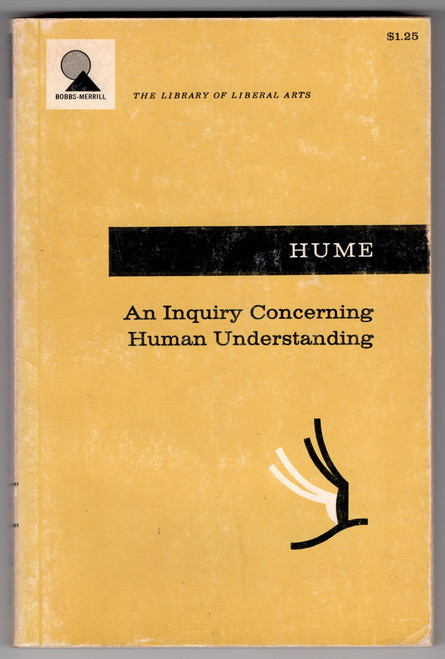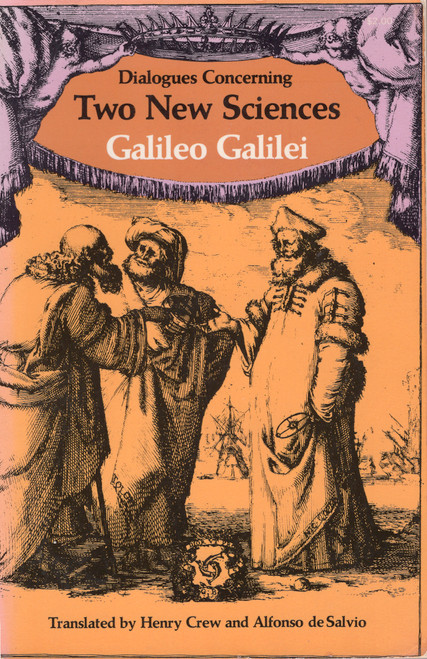David Hume's Enquiry Concerning Human Understanding is the definitive statement of the greatest philosopher in the English language. His arguments in support of reasoning from experience, and against the "sophistry and illusion" of religiously inspired philosophical fantasies, caused controversy in the eighteenth century and are strikingly relevant today, when faith and science continue to clash.
The Enquiry considers the origin and processes of human thought, reaching the stark conclusion that we can have no ultimate understanding of the physical world, or indeed our own minds. In either sphere we must depend on instinctive learning from experience, recognizing our animal nature and the limits of reason. Hume's calm and open-minded skepticism thus aims to provide a new basis for science, liberating us from the "superstition" of false metaphysics and religion. His Enquiry remains one of the best introductions to the study of philosophy, and his edition places it in its historical and philosophical context.
Introduction by Arnold B. Levison
"I believe An Enquiry Concerning Human Understanding contains everything of consequence relating to the understanding which you would meet with in the Treatise, and I give you my advice against reading the latter. By shortening and simplifying the questions, I really render them much more complete. Addo dum minuo. The philosophical principles are the same in both." --From a letter of Hume to Gilbert Elliott
About the Author
David Hume was born in Edinburgh, Scotland, on April 26, 1711. He entered the University of Edinburgh at the age of twelve but left a few years later without having been conferred a degree. Being a lifelong skeptic, Hume was taken with the French philosophers whose work was exemplary of the movement. In 1734, he made an intellectual pilgrimage to La Fleche, France, the town where Descartes had been educated. Three years later, this change of scene culminated in his book titled A Treatise of Human Nature.
After returning to England in 1737, the remainder of Hume's life was spent writing on psychology, morality, and politics. During this time, his bid for appointment as professor of ethics in Edinburgh proved unsuccessful because of his views on religion. From that point on, he was to undertake short-term positions of employment with powerful and influential people in the English government. These appointments included some travel to the Continent. From 1767 to 1768 he served as undersecretary of state for the northern department. Hume then returned to Edinburgh, where he died eight years later on August 25, 1776.
David Hume's works include: A Treatise of Human Nature (1739), Treatise—Of the Understanding (1739), Of the Passions (1740), An Abstract of a Treatise of Human Nature (1740), Essays Moral and Political (1741-1742), An Enquiry Concerning Human Understanding (1758), An Enquiry Concerning the Principles of Morals (1751), Political Discourses (1751), History of England (1754-1762), Four Dissertations (1757), and Dialogues Concerning Natural Religion (published posthumously in 1779).








